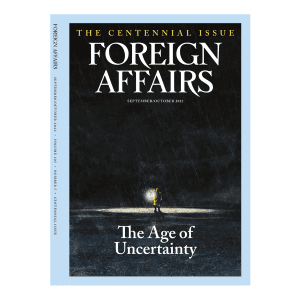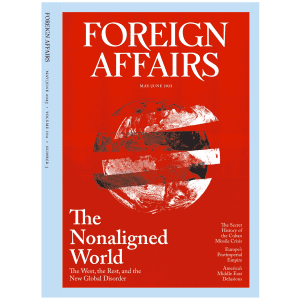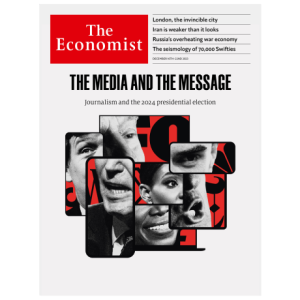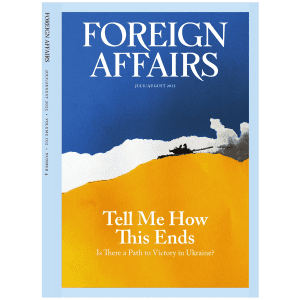Description
Foreign Affairs November December 2022 Issue. In the post–Cold War era, the Western world has suered no shortage of grand theories of history and international relations. e settings and actors may change, but the global geopolitical drama goes on: variants of realism and liberalism compete to explain and predict state behavior, and scholars debate whether the world is witnessing the end of history, a clash of civilizations, or something else entirely. And it is no surprise that the question that now attracts more analytical attention than any other is the rise of China under President Xi Jinping and the challenge it presents to American power. In the run-up to the 20th National Congress of the Chinese Communist Party (), as Xi has maneuvered to consolidate his power and secure an unprecedented third term, Western analysts have sought to decode the worldview that drives him and his ambitions for China.
However, one important body of thought has been largely absent from this search for understanding: Marxism-Leninism. This is odd because Marxism-Leninism has been China’s official ideology since 1949. But the omission is also understandable since most Western thinkers long ago came to see communist ideology as effectively dead—even in China, where, in the late 1970s, the ccp leader Deng Xiaoping set aside the Marxist-Leninist orthodoxy of his predecessor, Mao Zedong, in favor of something more akin to state capitalism. Foreign Affairs November December 2022 Issue. Foreign Affairs November December 2022 Issue. However, one important body of thought has been largely absent from this search for understanding: Marxism-Leninism. This is odd because Marxism-Leninism has been China’s official ideology since 1949. But the omission is also understandable since most Western thinkers long ago came to see communist ideology as effectively dead—even in China, where, in the late 1970s, the ccp leader Deng Xiaoping set aside the Marxist-Leninist orthodoxy of his predecessor, Mao Zedong, in favor of something more akin to state capitalism.











